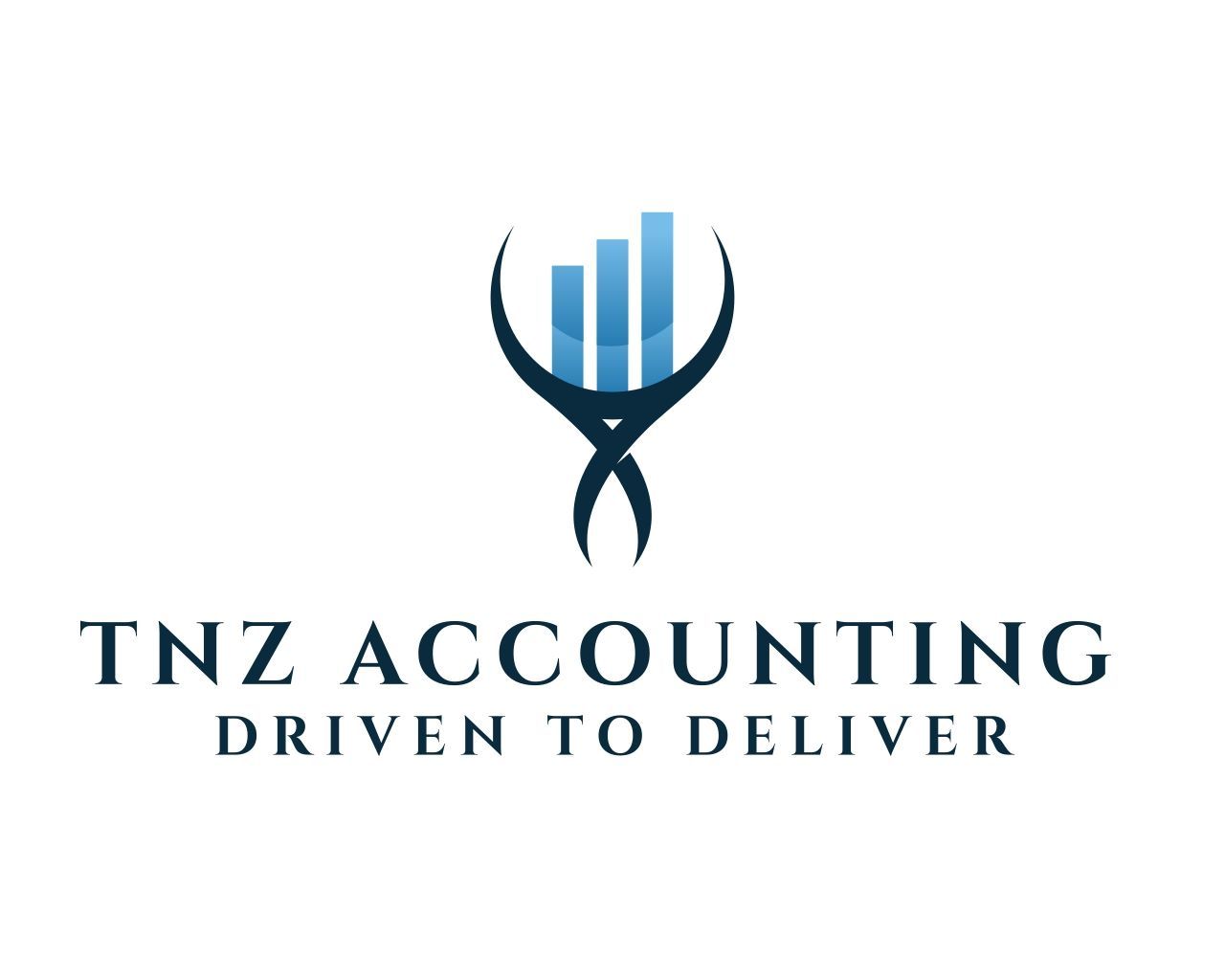By Toby Zambetti
•
July 13, 2025
As a business owner, you’ve got plenty on your plate managing clients, employees, operations, and cash flow. It’s easy to let administrative tasks like tax filings slip down the list. But when it comes to corporate taxes, falling behind can cost you far more than you think. At TNZ Accounting, we work with businesses across the Bay Area to help them stay compliant, avoid costly penalties, and plan strategically. If you’ve ever found yourself wondering, “Is it really that big a deal if I file late?” this post is for you. Here’s why it’s essential to keep your corporate tax filings current, and how our accounting team can help you stay ahead of deadlines, not chase them. 1. Avoid Costly Penalties and Interest One of the most immediate consequences of late corporate tax filings is penalties and interest. For example: • The IRS can charge up to 25% of the unpaid tax for failure to file on time. • California’s Franchise Tax Board (FTB) imposes a minimum $800 annual franchise tax, and late payment can result in additional fees and penalties. • Interest continues to accrue on any unpaid tax from the due date forward even if you eventually file. These fines can add up quickly, especially if you’ve missed multiple deadlines or years. In some cases, late filing fees can exceed the cost of preparing and filing the return on time. 2. Stay in Good Standing with the State To legally operate your business in California or any state you must stay in good standing with the Secretary of State and tax authorities. Failing to file corporate tax returns can result in: • Suspension or forfeiture of your business entity • Inability to obtain business loans or grants • Legal barriers to entering into contracts or bidding on projects • Personal liability in certain tax-related matters At TNZ Accounting, we help ensure your entity remains compliant with federal, state, and local tax obligations, so you can stay focused on running your business, not unraveling legal red tape. 3. Protect Your Personal Liability Shield If your business is structured as an S-Corp or C-Corp, one of the primary advantages is limited liability protection, separating your assets from business debts or lawsuits. But if your corporate entity falls out of good standing due to noncompliance or failure to file taxes, you could risk: • Losing your liability protection • Piercing the corporate veil, which allows creditors or courts to hold you personally responsible Staying current with your corporate tax filings is essential to preserving your legal protections and limiting risk. 4. Make Better Financial Decisions Year-Round Your corporate tax return isn’t just a government requirement, it’s a financial snapshot of your business. When you stay up to date with your filings, you gain: • Accurate profit and loss data • Clear insight into your tax liabilities • Better budgeting and forecasting tools • A head start on tax-saving strategies Waiting until the last minute, or skipping a filing entirely means you’re flying blind, potentially missing opportunities to reduce your tax burden or reinvest profits wisely. At TNZ Accounting, we go beyond compliance, we help business owners make smarter financial decisions year-round. 5. Filing Late Makes Future Years More Complicated Once you fall behind on tax filings, catching up becomes more stressful and time-consuming. Delays in one year can create a domino effect for future years, especially if: • You’re trying to reconcile old books • You missed prior-year deductions • You need past returns for financing, audits, or licensing We’ve helped many businesses clean up past-due filings, but we always advise clients: it’s far easier and less expensive to stay current than to play catch-up. 6. Maintain Eligibility for Business Loans, Grants, and Contracts When applying for financing or bidding on projects, lenders and clients often require: • Your most recent tax returns • Proof of good standing with the IRS or state • No outstanding tax liabilities If your returns are missing or late, you could lose valuable opportunities. Whether you’re seeking a loan, investor capital, or a government contract, being able to quickly and confidently provide financial documentation is key. At TNZ Accounting, we help you stay organized, compliant, and ready for any opportunity. 7. Minimize IRS Scrutiny Late or missing returns can flag your business for additional IRS attention even if you’re doing nothing wrong. The longer your filing history is incomplete or inconsistent, the more likely you are to attract: • Audits • Collection letters • Automated enforcement actions (liens, levies, etc.) Filing on time, even if you owe money, shows good faith and helps reduce your risk of further action. TNZ Accounting can work directly with you and the IRS, if needed, to keep your record clean and resolve any outstanding issues. Let TNZ Accounting Help You Stay Ahead Whether you’re a startup, growing corporation, or established business, staying current with your corporate tax filings isn’t optional; it’s essential to maintaining your business health and avoiding serious consequences. At TNZ Accounting, we offer: ✅ Corporate tax preparation and filing ✅ Year-round accounting support ✅ Entity compliance and reporting ✅ GAAP-compliant financials ✅ Strategic tax planning for future savings We don’t just file your taxes, we help you run a stronger, more financially sound business. Final Thoughts Corporate taxes aren’t something to put off or handle last-minute. Staying current protects your business legally, financially, and reputationally and helps you avoid unnecessary stress and penalties. Let us help you stay on top of your corporate tax filings, so you can stay focused on growing your business. Schedule your consultation with TNZ Accounting today and let’s make sure you’re on track for success.















